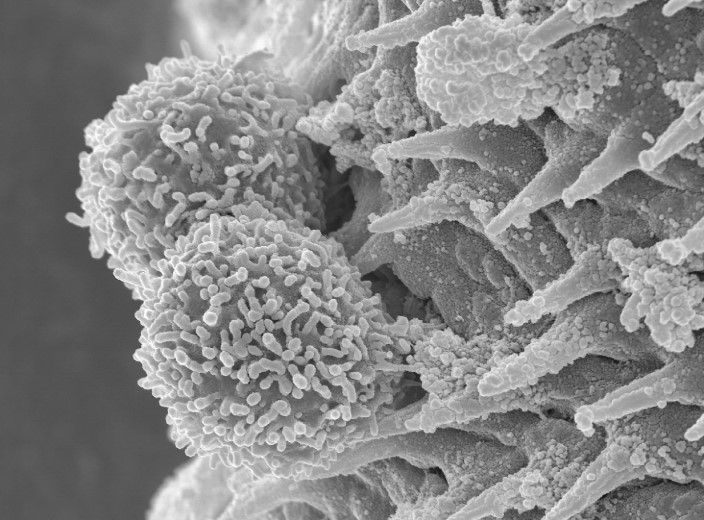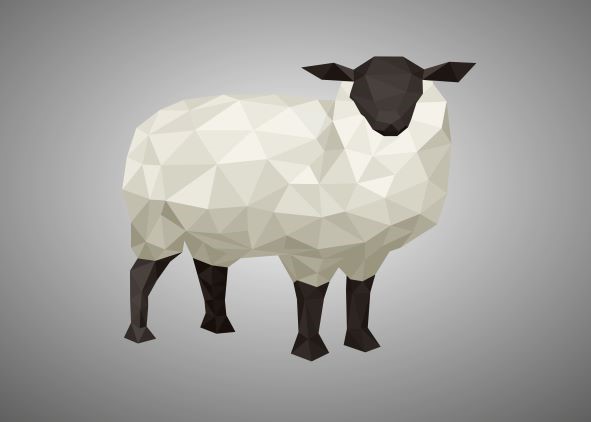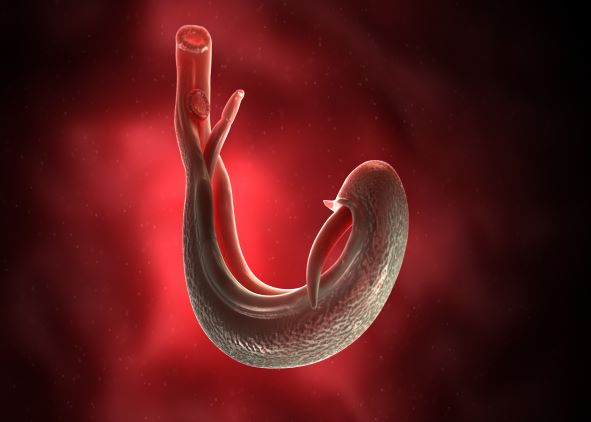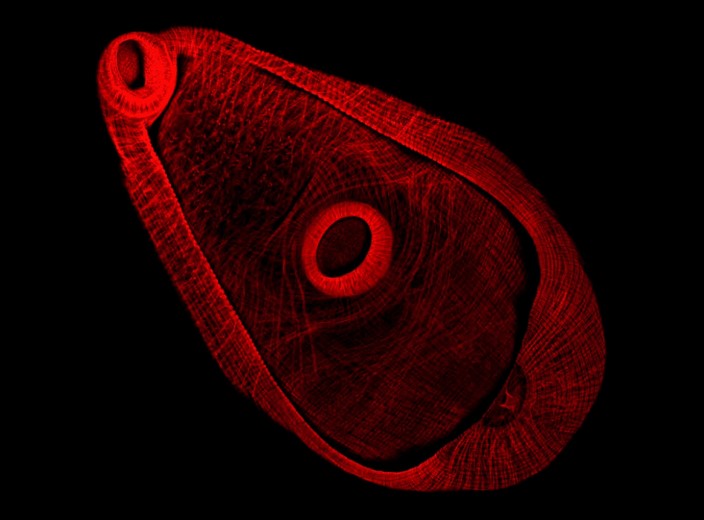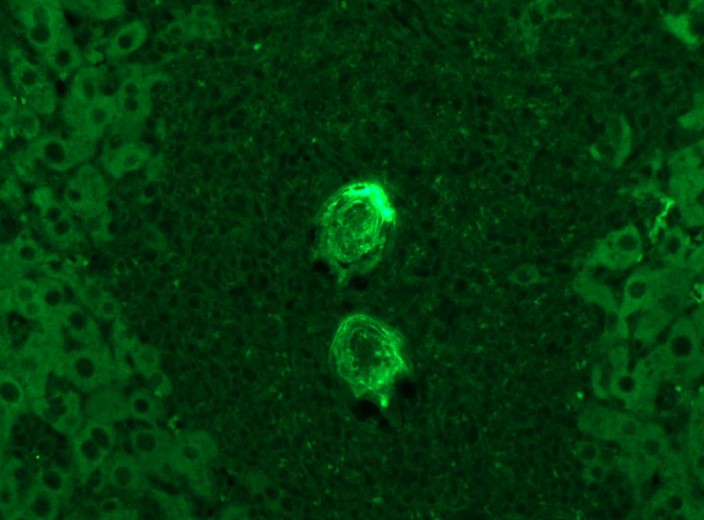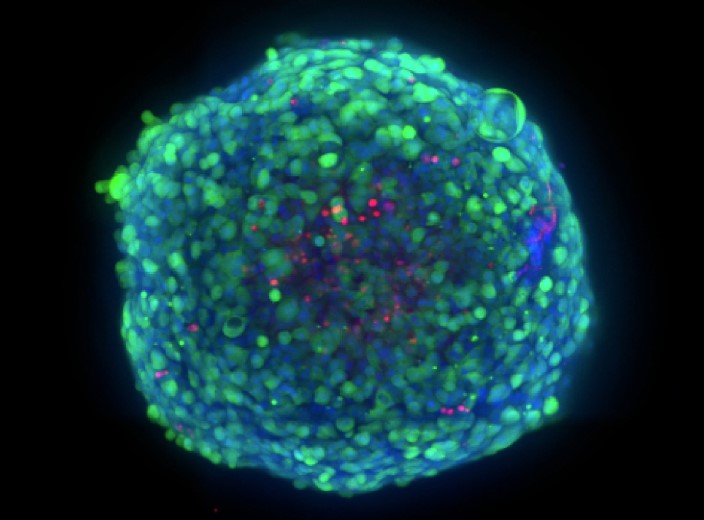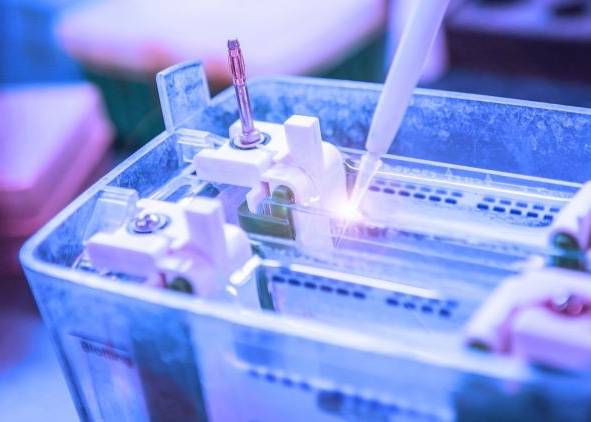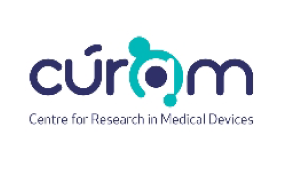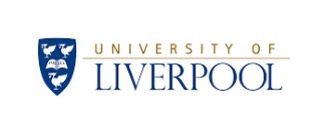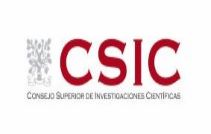-
Courses

Courses
Choosing a course is one of the most important decisions you'll ever make! View our courses and see what our students and lecturers have to say about the courses you are interested in at the links below.
-
University Life

University Life
Each year more than 4,000 choose University of Galway as their University of choice. Find out what life at University of Galway is all about here.
-
About University of Galway

About University of Galway
Since 1845, University of Galway has been sharing the highest quality teaching and research with Ireland and the world. Find out what makes our University so special – from our distinguished history to the latest news and campus developments.
-
Colleges & Schools

Colleges & Schools
University of Galway has earned international recognition as a research-led university with a commitment to top quality teaching across a range of key areas of expertise.
-
Research & Innovation

Research & Innovation
University of Galway’s vibrant research community take on some of the most pressing challenges of our times.
-
Business & Industry

Guiding Breakthrough Research at University of Galway
We explore and facilitate commercial opportunities for the research community at University of Galway, as well as facilitating industry partnership.
-
Alumni & Friends

Alumni & Friends
There are 128,000 University of Galway alumni worldwide. Stay connected to your alumni community! Join our social networks and update your details online.
-
Community Engagement

Community Engagement
At University of Galway, we believe that the best learning takes place when you apply what you learn in a real world context. That's why many of our courses include work placements or community projects.
Molecular Parasitology
Prof John Pius Dalton
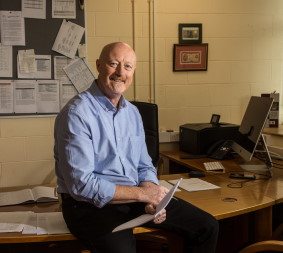
Prof. Dalton carried out his BSc and PhD in Zoology/Parasitology at University College Dublin, Ireland. Over the last 35 years he has researched in the USA (Johns Hopkins School of Medicine and National Institutes for Allergies and Infectious Diseases), Australia (Queensland Institute for Medical Research and University of Technology, Sydney), Canada (McGill University) and Northern Ireland (Queen’s University). His goal to understand the fundamental biology of parasites and their relationship with their hosts, animal and human. With this knowledge he is designing strategies to diagnose parasitic infections and to develop new treatments.
Parasitology
Globally, greater two billion people, one-quarter of the world’s population, suffer from parasitic diseases. These occur predominantly in low to middle income regions of the world, such as sub-Saharan Africa, Asia, and South America. Parasitic diseases cause high morbidity, particularly amongst children, reduce the economic potential of these regions, and compound the health and wellbeing issues related to poverty.
Within the agricultural community, parasitic infections are all too common - farmers spend over €2 billion per year on chemical treatments to protect their livestock. The emergence of drug-resistance parasites, as well as the impacts of climate change on parasite transmission, is causing major concern as we are now seeing an increase animal diseases. We use non-chemical treatments, such as vaccines, to protect our agricultural community, especially as the global population increases and the demand for food grows.
Our research team will develop novel diagnostic tests and vaccines for parasites to help farmers control and manage infection on the farm to reduce their reliance on chemical treatments. The ultimate aim is to benefit farmers - they need better means of detecting diseases on farms so that they can strategically, rather than randomly, treat their livestock. It saves money, effort and, in the long term, can help eradicate disease.
To develop new vaccines we need to understand the basic biology of the interaction between the parasite and its host – from this we can devise vaccines to break this relationship and protect the host, and we now have the molecular, bioinformatics and genetic tools to do this, as well as the technology to manufacture vaccines.
Liver Fluke Disease
Liver fluke disease is one of the most important worm parasites of livestock (about 85% of dairy cattle in Ireland are infected with the worm). The parasite is found on all continents of the world, and in many rural tropical regions (Egypt, Andean SA, Iran) it is also a major infection of humans. Drug resistant parasites have spread globally and species generally found in Europe (Fasciola hepatica) have hybridised with the tropical forms (Fasciola gigantica) to give rise to hybrids of unknown pathogenicity that have spread across Asia. Using many -omics technologies (genomics, transcriptomics, proteomics and glycomics) we are studying these parasites to understand their virulence mechanisms and modes of growth and development in the animal and human hosts. Funded by Science Foundation Ireland, we are currently developing diagnostic tests for disease detection and surveillance and vaccines for livestock with Teagasc, Athenry, Galway. We are also collaborating on animal and human liver fluke disease in Central Vietnam with Oxford University Clinical Research Unit, Ho Chi Ming, Vietnam.
Schistosomiasis and other tropical worms
Schistosome parasites (blood flukes) and several related liver flukes (Fasciola, Clonorchis, Opisthorchis, and Paragonimus species) are major public health problems that affect around 250 million people in over 70 tropical/sub-tropical countries (S. and C. America, Africa, Asia. These cause chronic diseases that impact heavily on morbidity and mortality as they can suppress the immune system, and impair fertility, growth, and cognitive development. A hallmark of these infections is their ability to avoid immune elimination and to live for decades with their host. They secure nutrients by secreting abundant amounts of proteases that digest host blood or tissues and protect themselves against immune attack by secreting anti-oxidants and immune modulatory molecules. Some of these immune modulators are small peptides that we call Helminth Defense Molecules (HDM). By understanding the various ways by which worms protect themselves from being eliminated by the host we should be able to devise strategies to counter these by vaccination.
Malaria
The single-celled parasite Plasmodium falciparum is the main cause of the most lethal form of malaria. In 2018, there was an estimated 228 million cases of malaria that resulted in ~405,000 deaths, predominantly in Sub-Saharan Africa and mainly in children and pregnant women. The global spread of drug-resistant parasites means that there is a constant battle to develop new treatments. Malaria parasites invade and grow inside red blood cells and degrade the internal protein haemoglobin into amino acids that they then use to build their own proteins. In our laboratory we study the enzymes (aminopeptidases) that play a role in the release of these amino acids. We are studying their structure, biochemistry and function with the view to developing new anti-malarial drugs that inhibit the enzymes and kill the malaria parasite.
COVID-19
COVID-19 is a major killer of humans and a threat to global stability. Our team are working on an SFI co-ordinated research and innovation project in rapid-response to the COVID-19 pandemic. In collaboration with our colleagues in NUI Maynooth, Prof Sean Doyle’s team, we are developing lab-based tests known as an ELISA and Immunoblots that can measure antibodies in blood and determine whether a person has been infected with SARS-CoV-2. Using molecular biology techniques, we have made several antigens, the features of the virus that prompt antibodies, and will use these as a basis for developing antibody tests that can be rolled out at scale to test large populations. The information gained is an essential element in the overall control measures employed to stop the spread of disease, as well as to understand its distribution, infectivity and epidemiology.
Sepsis and other inflammatory conditions
Parasites may be our foe, but they can also be our friends! The extraordinary high prevalence of worm infections in the world undoubtedly reflects their co-evolution with and adaptation to humans. One of the major factors related to their success is their ability to manipulate or suppress the host immune system to their advantage, preventing their elimination and accounting for their survival for up to 20 years in the host. On the other hand, the immune suppressive/regulatory mechanisms that worms use to protect themselves can also protect the host from over-reactivity of the immune system in the case of asthma, allergy and auto-immune disease. Therefore, maybe can we learn from worms and exploit their immunomodulatory tactics to our benefit and use the knowledge we gain from them in the treatment of dysregulated immune reactions, such as in multiple sclerosis (MS), Type 1 Diabetes (T1D), Rheumatoid Arthritis (RA) or, indeed, in sepsis which affect over 17,000 people and kills 3,000 (one in five patients who develop sepsis) in Ireland each year? We are currently testing parasite molecules, such as the HDMs, in pre-clinical trials using model for different immune disorders.
Learn more about our research
Check out my publications in:
Google Scholar
Email me: johnpius.dalton@universityofgalway.ie
Group Members
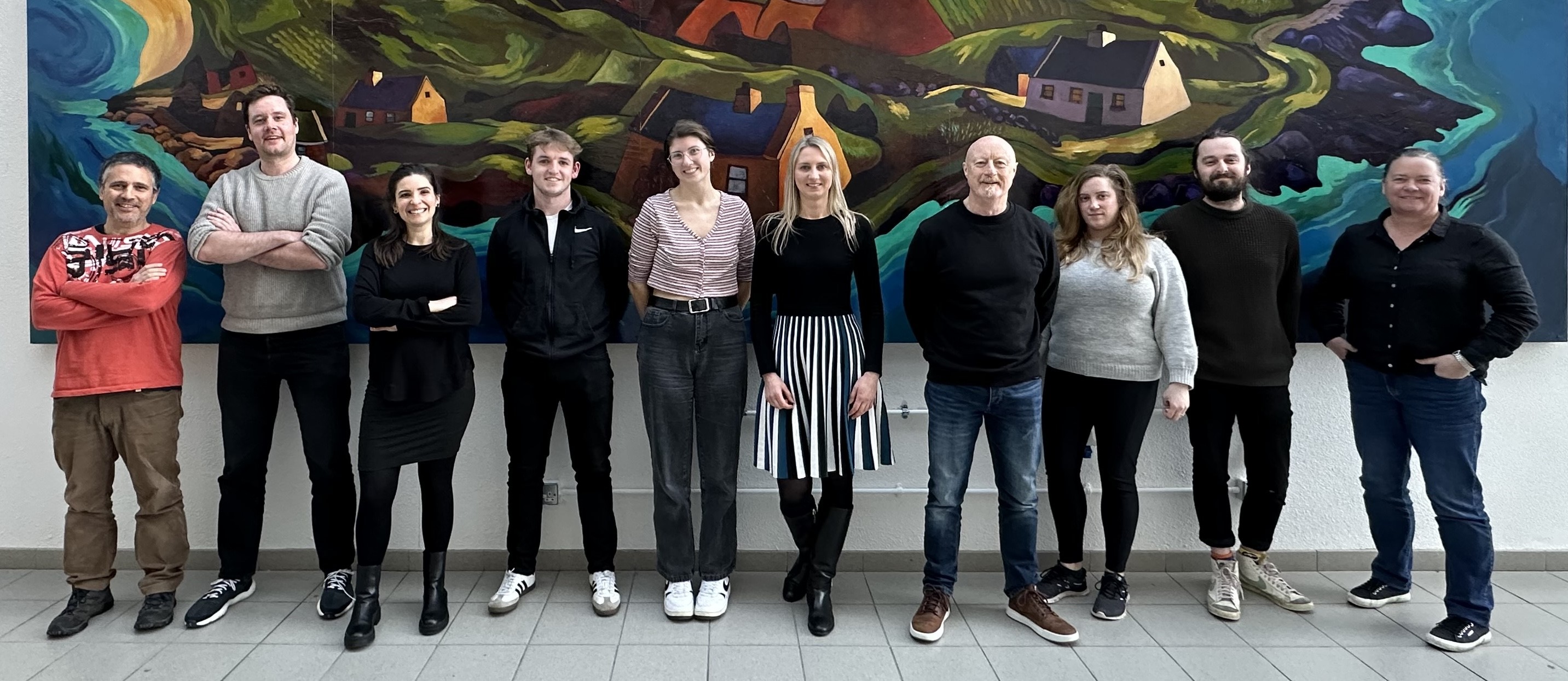
Our team of Parasitologists consists of a Postdoctoral Fellow, a number of Postdoctoral Researchers, Research Assistants and PhD and MSc students with a wide-ranging interest and expertise in molecular biology, biochemistry, immunology, vaccine development and diagnostics, and, of course, parasites! We have strong collaborations with research teams in Ireland and in Australia, USA, Canada, Spain, Northern Ireland, UK, Vietnam and China. Currently, we have an IRC Laureate, Dr Carolina De Marco Verissimo, leading distinct projects in parasitology in our group.
Research Staff and Postgraduate Students
Read about our research staff and postgraduate students here.
University of Galway Collaborators
Dr Michelle Kilcoyne is a collaborator from the University of Galway who lectures in Glycosciences and is a principle investigator in Cúram. Dr Sheila Donnelly is a programme director of the MSC in Biotechnology in the School of Biological and Chemical Sciences
Collaborators at Teagasc
Our Teagasc collaborators are Dr Orla Keane a researcher at the Animal & Bioscience Department in Teagasc and Amanda McEvoy who is a laboratory technologist at the Teagasc facility in Athenry.
International Collaborators
Our UK collaborators are Dr Krystyna Cwiklinski from the University of Liverpool and Prof Cliff Taggart from Queen's University in Belfast. Dr Javier González Miguel is a Principal Investigator at the Institute of Natural Resources and Agrobiology of Salamanca, Spain and collaborator of the Molecular Parasitology Lab.








